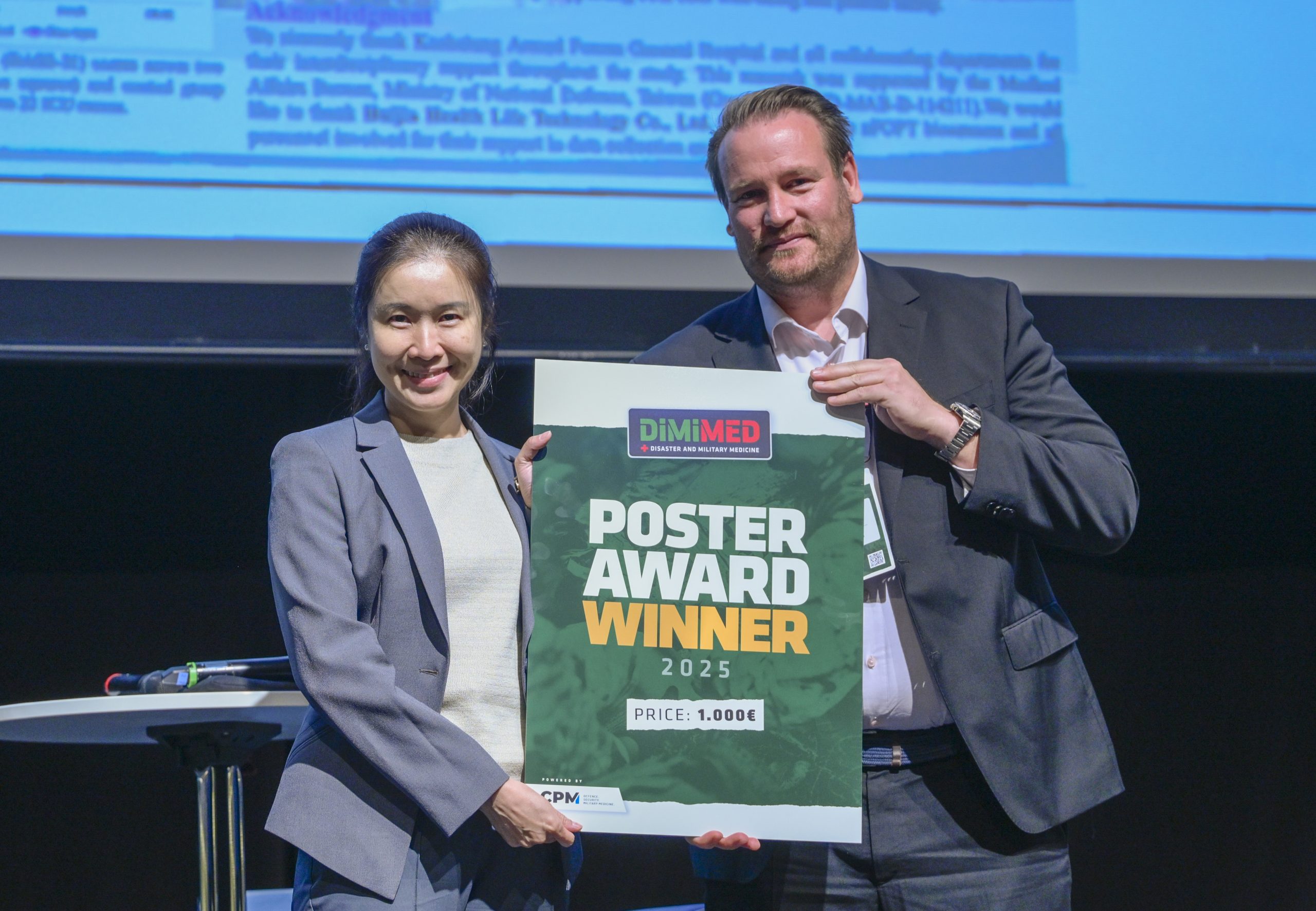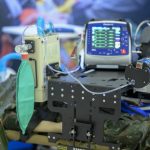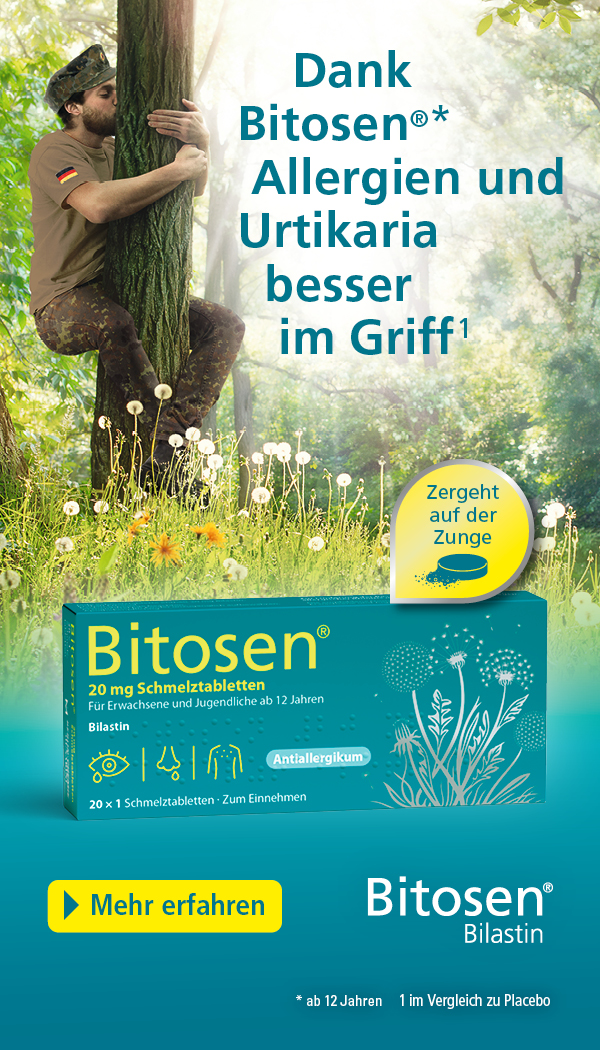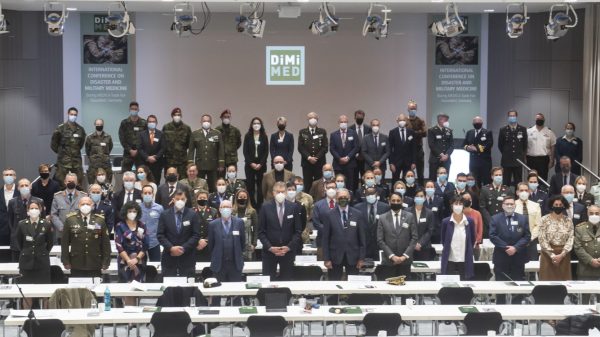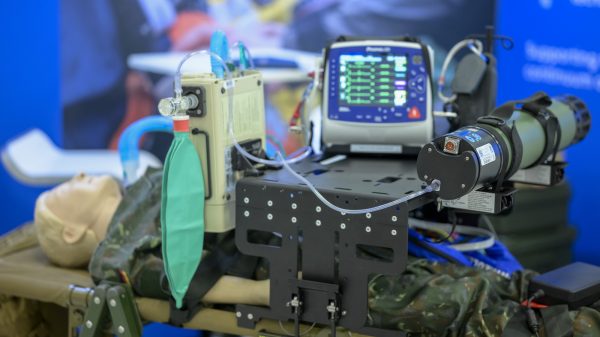A Poster Award with prize money of €1,000 was presented yesterday at the end of this year’s DiMiMED. The winner was Taiwanese PhD candidate Chi-Jen Wu for her contribution entitled: ‘Timed Blue-Light Intervention Enhances Alertness and Reduces Clinical Errors in ICU Night-Shift Nurses’. The study presented shows that blue light helps night shift nurses to remain more alert, focused and less stressed.
At this year’s DiMiMED, participants had the opportunity to present their own research work. Chi-Jen Wu from Taiwan took advantage of this opportunity and won the Poster Award and prize money of €1,000.
The doctoral student is director of the nursing department at the Armed Forces General Hospital in Kaohsiung, Taiwan. The topic of her work is blue light intervention to increase alertness among nursing staff working night shifts in intensive care units. She received the award at the end of DiMiMED from publisher and CPM owner Tobias Ehlke.
Blue light to increase alertness
Targeted exposure to short-wavelength blue light (approx. 460 nm) during night shifts can significantly improve the alertness and attention of ICU nursing staff. In Chi-Jen Wu’s study, nursing staff wore blue light glasses at midnight, 2 a.m. and 4 a.m., which slowed fatigue, maintained cognitive performance and stabilised mood.
The blue light suppresses early morning melatonin production, counteracting circadian rhythm disruption. The results suggest that blue light could be a practical, non-pharmacological strategy to increase both patient safety and the well-being of night shift staff.
The effect was consistent across different ICU areas and reproducible over several night shifts, underscoring the benefits of this intervention in critical care situations.
Chi-Jen Wu – The winning poster
We have made Chi-Jen Wu’s poster available as a PDF file at this link.

